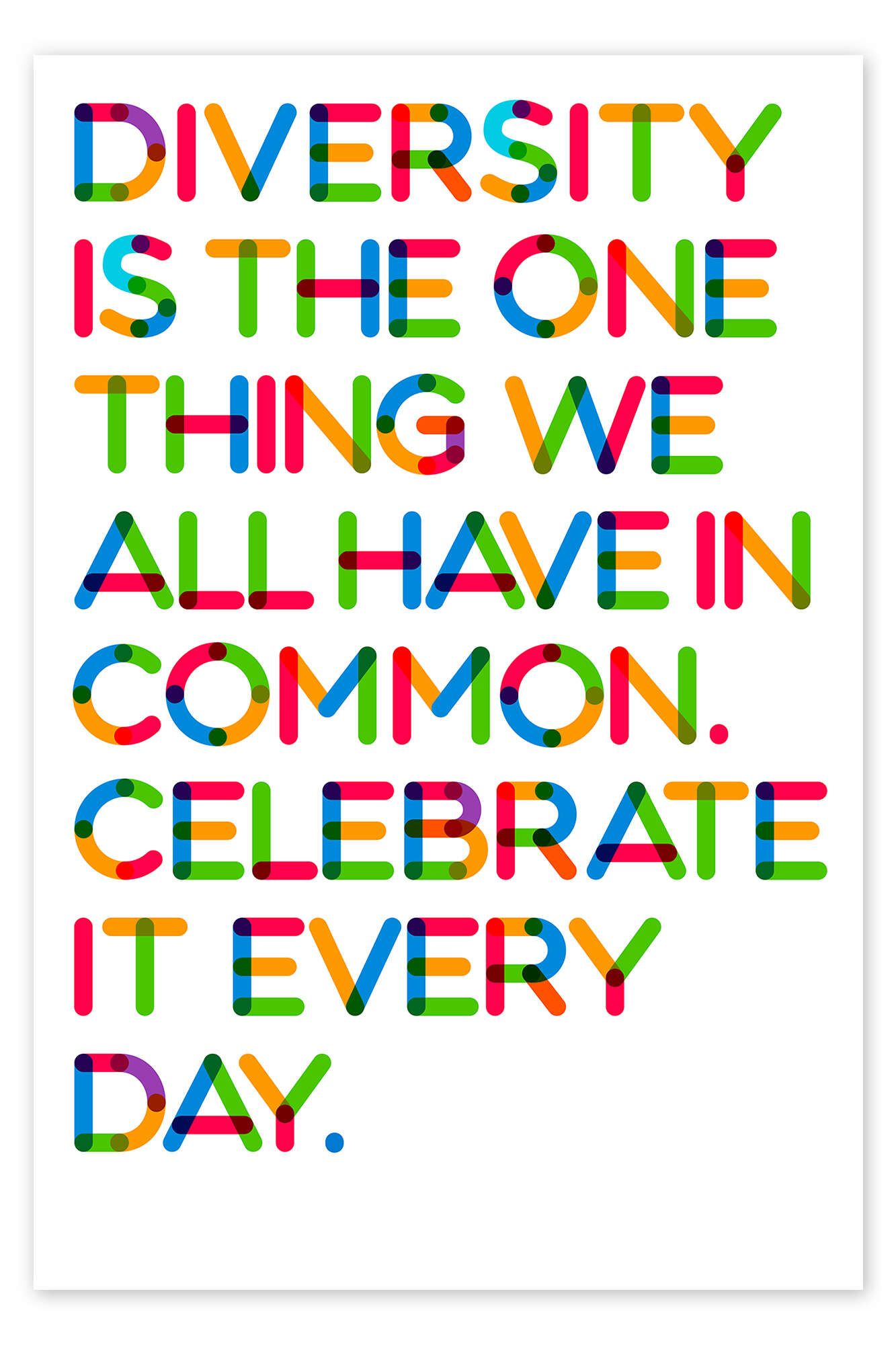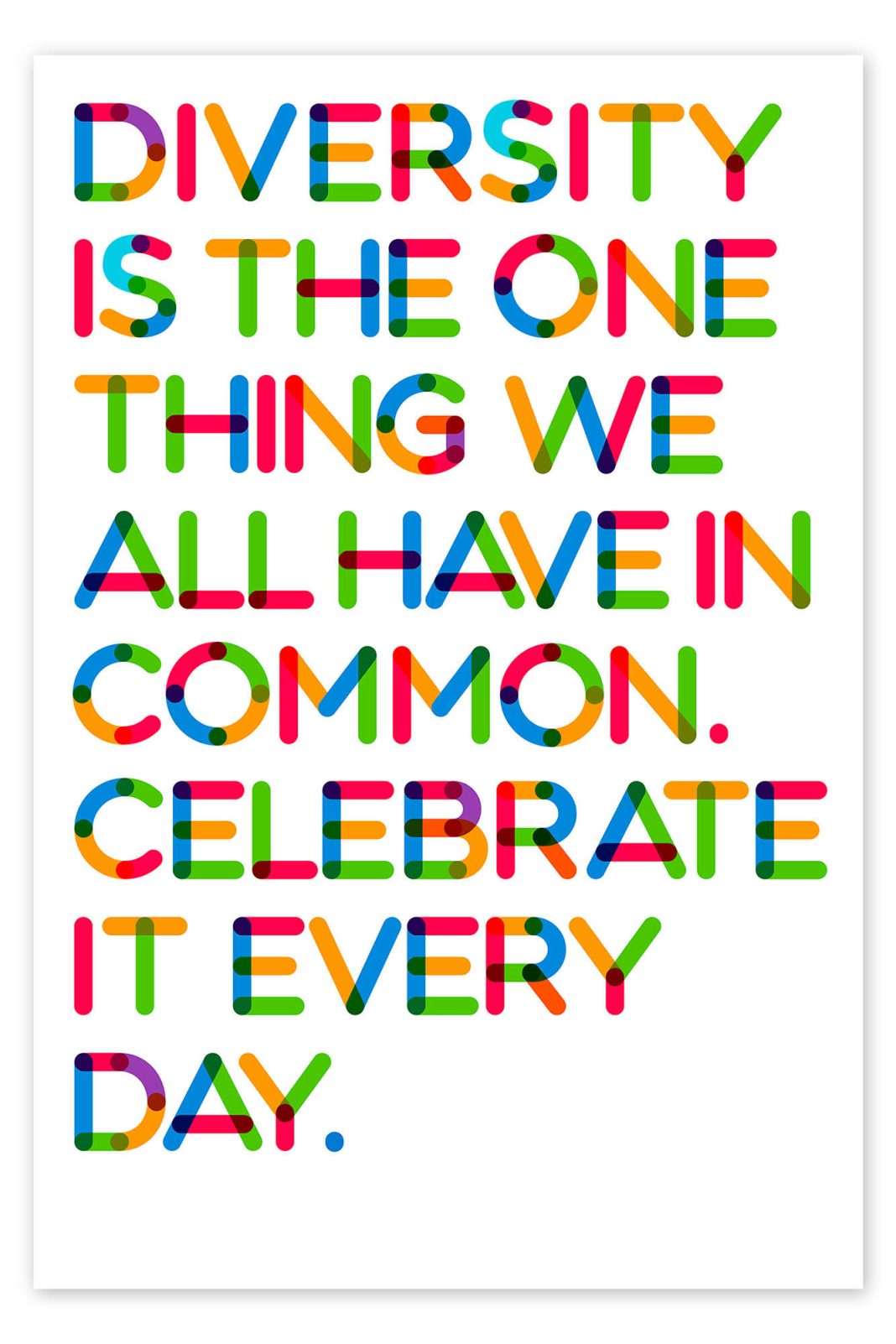
Molson Coors, the popular brewer, has joined a growing number of companies that are reversing their diversity, equity, and inclusion (DEI) policies. In an internal memo obtained by CNBC, Molson Coors executives announced that they will be eliminating supplier diversity quotas, stating that they can be “complicated and influenced by factors outside of [the company’s] control.” However, the company made it clear that they will still prioritize having suppliers that are representative of their diverse consumer base.
The memo also mentioned that Molson Coors will no longer include aspirational representation goals in their executive incentives starting next year. Instead, these incentives will be tied to business performance. This change reflects a shift towards focusing on key business objectives rather than DEI-based training programs. The company plans to develop a new version of its training programs that align with their core business goals.
Molson Coors will also be rebranding their Employee Resource Groups as Business Resource Groups, while maintaining their existing function. Additionally, the company will no longer participate in voluntary “best of” third-party rankings, including the Human Rights Campaign’s Corporate Equality Index. This index evaluates companies based on their commitment to LGBTQ+ equality and Molson Coors previously scored a perfect 100 points.
Despite these changes, Molson Coors reassured employees that their benefits will not be affected and that their commitment to fostering an inclusive culture remains strong. The company will continue to support core business goals through corporate charitable giving programs, which include initiatives related to alcohol responsibility, disaster relief efforts, and promoting access to higher education. Molson Coors has a history of supporting LGBTQ+-focused organizations through the “Tap Into Change” program and sponsoring pride festivals.
While some have characterized these changes as a response to recent scrutiny from conservative activist Robby Starbuck, Molson Coors executives stated that the decision had been in the works since March and was not a direct response to Starbuck’s demands.
Molson Coors’ decision to reverse their DEI policies follows a trend among retailers who have also scaled back their efforts in this area. Tractor Supply, for example, ended its partnership with the LGBTQ+ advocacy group Human Rights Campaign and abandoned previous DEI targets. Companies like Harley-Davidson and Lowe’s have made similar moves. Even Ford executives have announced plans to reduce supplier diversity quotas and sever ties with the Human Rights Campaign’s metric.
The corporate DEI landscape has faced challenges in the aftermath of the events surrounding the murder of George Floyd and the Black Lives Matter protests in 2020. The Supreme Court’s decision to overturn affirmative action in colleges has raised concerns about the future of DEI initiatives in corporate America. While the court ruling specifically applies to academic institutions and not corporations, companies fear that the growing anti-DEI sentiment could impact their efforts as well.
In conclusion, Molson Coors’ decision to reverse their DEI policies reflects a larger trend among companies in various industries. While the brewer assures employees that their benefits and commitment to inclusivity will not be affected, the changes signal a shift towards prioritizing business objectives over DEI goals. The landscape of corporate DEI practices has faced challenges in recent years, particularly in light of the Supreme Court ruling on affirmative action and growing anti-DEI sentiment. It remains to be seen how these changes will impact the broader DEI movement and whether other companies will follow suit.


